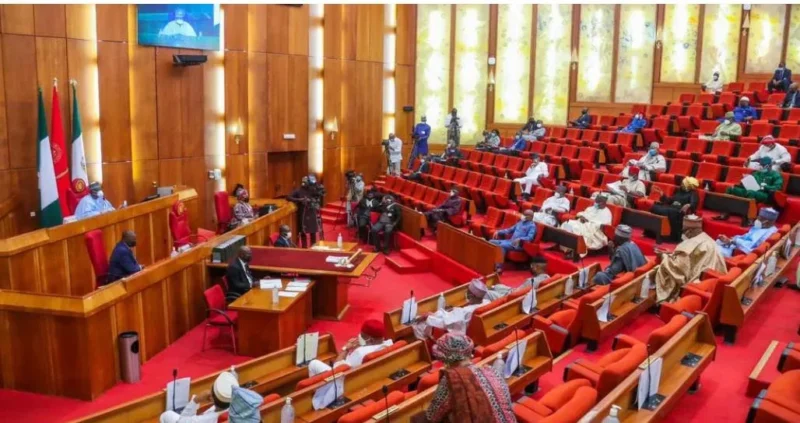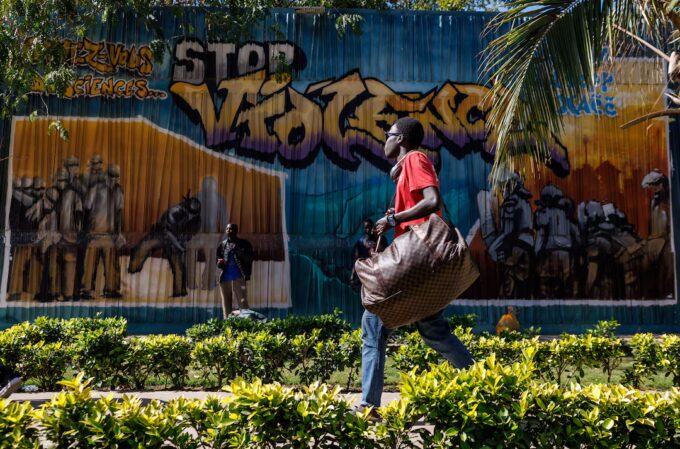In a landmark decision aimed at strengthening the fight against sexual abuse, the Nigerian Senate has approved life imprisonment for anyone found guilty of defiling a minor, marking a major shift from the previous five-year sentence under the nation’s criminal code.
The resolution came after lawmakers considered the Criminal Code (Amendment) Bill, 2025, which seeks to impose tougher penalties for sexual offences and related crimes. Senators described the defilement of minors as a “heinous act capable of destroying a child’s life forever,” emphasizing that the punishment must reflect the gravity of the crime.
Announcing the decision after a unanimous voice vote, Senate President Godswill Akpabio declared: “The Senate has decided that any defilement of a minor in Nigeria henceforth attracts life imprisonment without an option of fine. Let everyone be aware.”
The bill, which had earlier been passed by the House of Representatives, received overwhelming bipartisan support in the Senate, reflecting a shared commitment to protect vulnerable children across the country.
In a related amendment, the Senate also increased the punishment for rape and other sexual offences from five years to a minimum of ten years imprisonment. The revised clause ensures that both male and female victims are recognized under the law, following a contribution from Senator Adams Oshiomhole, who advocated for gender-inclusive protection.
Former Kebbi State Governor Senator Adamu Aliero had pushed for life imprisonment for all rapists, but lawmakers agreed on a ten-year baseline sentence, allowing judges to impose longer terms in aggravated cases.
The debate intensified when the Senate examined clauses related to abortion and pregnancy termination. While the existing law criminalizes abortion, some senators argued for clearer language to protect doctors who perform emergency procedures to save lives.
Senator Abdul Ningi (Bauchi Central) raised concerns that vague wording could expose medical practitioners to criminal liability even in life-threatening situations. In response, Akpabio directed the Committee on Judiciary, Human Rights, and Legal Matters to conduct a deeper review within two weeks and return with precise recommendations.
This legislative milestone signals a stronger stance by the Nigerian government against sexual violence and child abuse. Advocacy groups have welcomed the move, calling it a step toward restoring justice, safeguarding minors, and creating a safer society for future generations.














Leave a comment